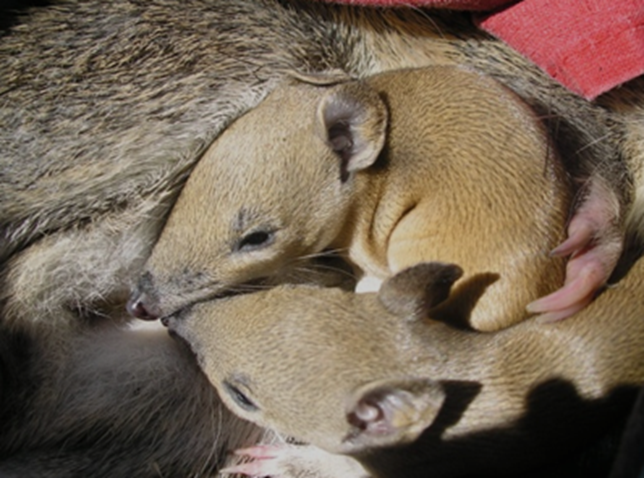Bandicoots key in researcher's Airbnb success
Our team is investigating new ways to tackle the challenge of mass extinction.
Research Fellow, , is using innovation and design thinking to nurture peopleŌĆÖs connection to nature ŌĆō to help them help nature.
Just 18 months ago, Jasmin and her family launched (as featured on Adelady), an ethical enterprise dedicated to protecting endangered bandicoots and other native treasures, in the Adelaide Hills biodiversity hotspot. Hideyhole is a tiny hut nestled in nature, built on design thinking, authentic connection and powered by passion.
Image: Jasmin Packer's Hideyhole Hut, Ironbank South Australia
Hideyhole set out to design and test an idea ŌĆō would people pay for conservation? Would they stay in a tiny hut, to help care for the forest around it? It turns out they will. This venture has led to JasminŌĆÖs being featured in the 2019 SA Tourism , and as a ╠²┤┌Š▒▓į▓╣▒¶Š▒▓§│┘.

The recent United Nations on Biodiversity and Ecosystem Services is sobering ŌĆō and hopeful. We can halt the mass extinctions that are happening ŌĆō if we discover how to engage the world in transformational change.
Jasmin will be presenting more of her design thinking research at the School for Biological Sciences Research Day on 14 November 2019.
Guest post by╠²Dr Jasmin Packer.

Newsletter & social media
Join us for a sensational mix of news, events and research at the Environment Institute. Find out about╠²new initiatives and╠²share with your friends what's happening.
╠²╠²╠²
